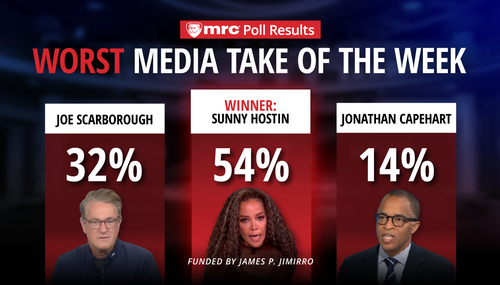A week ago, Associated Press reporters and their articles' headlines described the nation's job market in positive terms. An early a.m. report on Janaury carried this headline: "U.S. job market resilient despite budget fight." Later that same morning, just before the government's release of that day's employment report, there was this: "Jobs report expected to show underlying economic strength." Late that afternoon, reacting to the news that the economy had a December unemployment rate of 7.8 percent while adding 155,000 seasonally adjusted jobs, AP reporters Paul Wiseman and Christopher Rugaber described the performance as "matching the solid but unspectacular monthly pace of the past two years."
Reports from wire services other than the AP, which might as well stand for the Administration's Press, weren't as rosy. At Reuters ("Mediocre job growth points to slow grind for U.S. economy"), Jason Lange observed that December's hiring pace was "short of the levels needed to bring down a still lofty unemployment rate." Fair enough, but what the press continues to virtually ignore -- while obsessing over the same problem early last decade when the problem was nowhere near as severe -- is the plight of the long-term unemployed.
An up-to-date chart from the St. Louis branch of the Federal Reserve shows how awful this so-called recovery has been for many of those trying to find work after losing their jobs:
The average time it takes an unemployed person to find his or her next job is almost twice as long as at any other time since World War II -- even before considering how many discouraged adults have dropped out of the workforce entirely.
Throwing Rugaber's and Wiseman's words back at them, the only I see that is "solid but unspectacular" is the resistance of the average length of unemployment to coming down.
In July 2012, Forbes contributor and Cato Institute Senior Fellow Jim Powell explained this depressing and Depression-like phenomenon (bolds are mine):
Why Long-Term Unemployment Has Doubled Under President Obama
The media has focused on prolonged unemployment over 8 percent, while generally downplaying a shocker: the soaring number of people unemployed for more than 6 months.
According to the Bureau of Labor Statistics, back in January 2009 when Barack Obama was sworn in, there were 2.6 million people unemployed for more than 6 months. By June 2012, the ranks of the long-term jobless soared more than 100 percent to 5.3 million.
President Obama has promoted long-term unemployment by adopting policies that make it harder and more expensive for employers to hire people. He has relentlessly pushed for higher taxes, higher energy costs, compulsory unionism and, of course, Obamacare. One doesn’t need a Harvard degree to figure out that when government makes hiring more difficult and expensive, there’s likely to be less of it.
Obama’s policy of extending and re-extending unemployment benefits is another culprit. Many academic studies show how unemployment benefits undermine the urgency of finding a job. People can afford to be more picky, and as a result they’re out of work longer. But the longer they’re out of work, the more out of touch they’re likely to be and the harder to find a another job.
... From an employer’s point of view, it’s always difficult to determine whether a job seeker will be able to do what he or she is supposed to. ... [N]o wonder employers seem to feel more comfortable making an offer to somebody who has a job rather than somebody who lost a job.
... The issue isn’t whether some people need a helping hand. The issue is how government programs create perverse incentives that multiply rather than solving problems.
Sadly, as I pointed out a couple of years ago ("[Long-Term] Unemployed Need Not Apply"), employers discriminate against the long-term unemployed because the uncertainty over whether their hiring will work out is generally (emphasis: generally) greater than it is for those who would be coming on board from other jobs they currently hold. The fact that so many of the long-term unemployed are experiencing this discrimination is the result of Obama administration policies, many of them waved through by Republicans who should know better, which Powell described.
Apparently, the establishment press is only concerned about the plight of the long-term unemployed when a Republican or conservative is in the White House. What other explanation is there?
Cross-posted at BizzyBlog.com.





